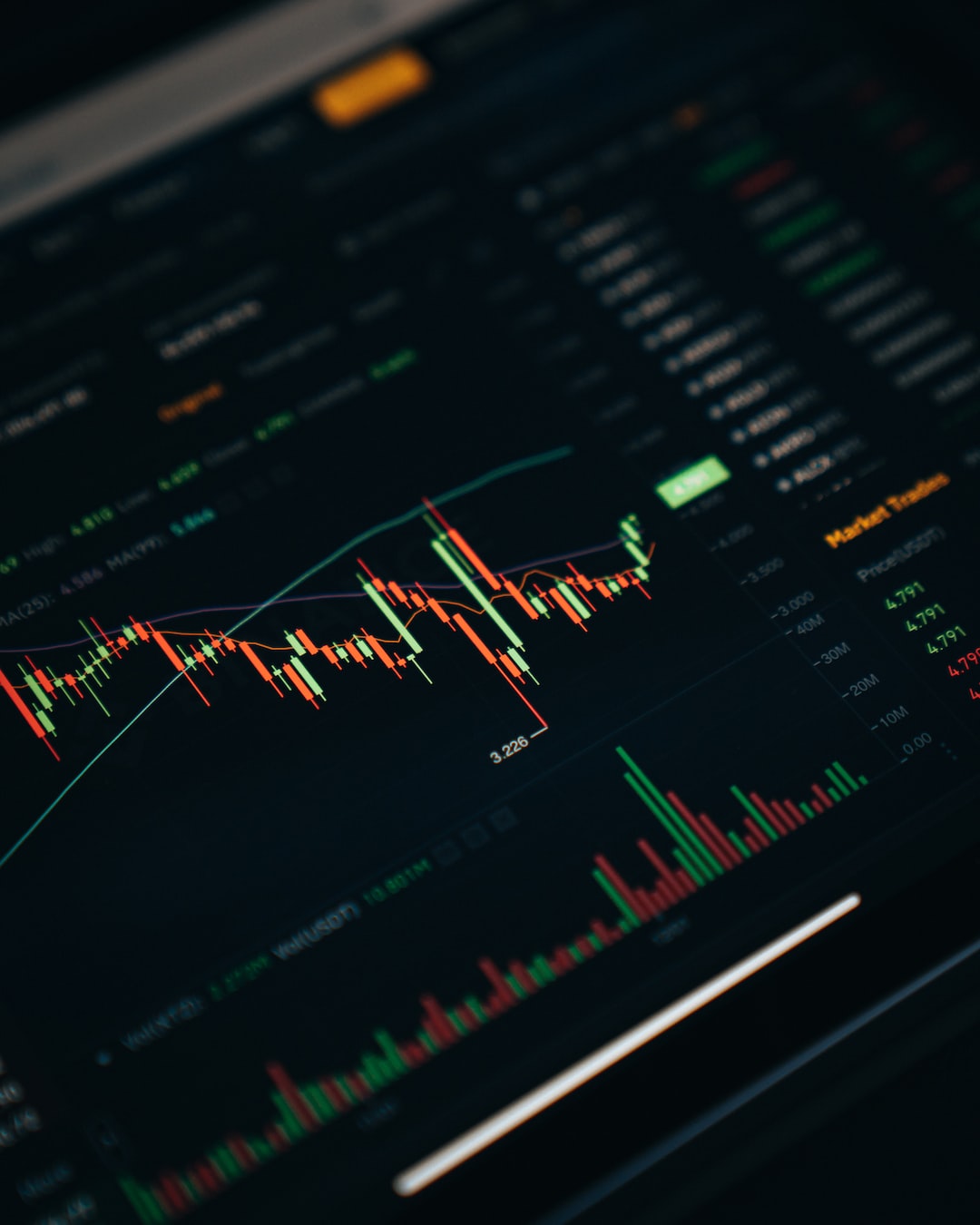Victims of Forex Trading Scams on Whatsapp Speak Out: Their Stories
Forex trading has become increasingly popular in recent years, attracting both seasoned investors and individuals looking to make quick profits. With the advancement of technology, trading platforms and social media applications like WhatsApp have made it easier for traders to connect and share information. However, this convenience has also given rise to a new breed of scammers who prey on unsuspecting individuals looking to make money in the forex market.
Forex trading scams on WhatsApp are a growing concern, with victims sharing their stories to raise awareness and prevent others from falling into the same trap. These scams typically involve fraudulent individuals or groups promising high returns on investments, providing fake trading signals, or offering access to exclusive trading strategies.
One victim, Sarah, shared her experience of falling victim to a WhatsApp forex trading scam. She received a message from a seemingly knowledgeable trader who claimed to have insider information on the forex market. Intrigued by the promise of quick profits, Sarah decided to invest a significant amount of money with the trader. However, as time went on, her initial investment vanished, and the trader disappeared without a trace.
Another victim, Mark, was enticed by a WhatsApp group promising lucrative forex trading opportunities. The group leader claimed to have a proven track record of successful trades and offered to share his signals with members for a fee. Mark joined the group, paid the membership fee, and began following the signals provided. However, he soon realized that the signals were inconsistent, leading to significant losses. When he confronted the group leader, he was met with silence and was eventually removed from the group.
These stories are just a glimpse into the experiences of victims who have fallen prey to forex trading scams on WhatsApp. The allure of quick profits and the promise of insider information can cloud judgment and make it easy for scammers to exploit unsuspecting individuals. These scammers often use psychological tactics to gain trust, such as showcasing fake testimonials, displaying extravagant lifestyles, or providing false evidence of successful trades.
To protect themselves from falling victim to forex trading scams on WhatsApp, individuals should exercise caution and skepticism. It is essential to thoroughly research any individual or group before investing money or sharing personal information. Reputable traders and brokers are registered with regulatory authorities and can provide evidence of their credentials.
Additionally, individuals should be wary of promises of high returns or guaranteed profits. Forex trading is inherently risky, and there are no foolproof strategies or insider information that can guarantee success. Legitimate traders and brokers will emphasize risk management and the importance of understanding the market rather than making unrealistic promises.
If approached by someone offering forex trading opportunities on WhatsApp, it is crucial to take the time to verify their credibility. Look for reviews or testimonials from other traders who have had experiences with the individual or group. Reach out to regulatory authorities to confirm their registration and legitimacy. Never rush into making an investment or sharing personal information without conducting thorough due diligence.
Forex trading scams on WhatsApp can have devastating financial consequences for victims. By sharing their stories, victims hope to raise awareness and prevent others from falling into the same trap. It is essential for individuals to remain vigilant, educate themselves about the risks involved in forex trading, and only trust reputable traders and brokers who can provide verifiable evidence of their expertise.






